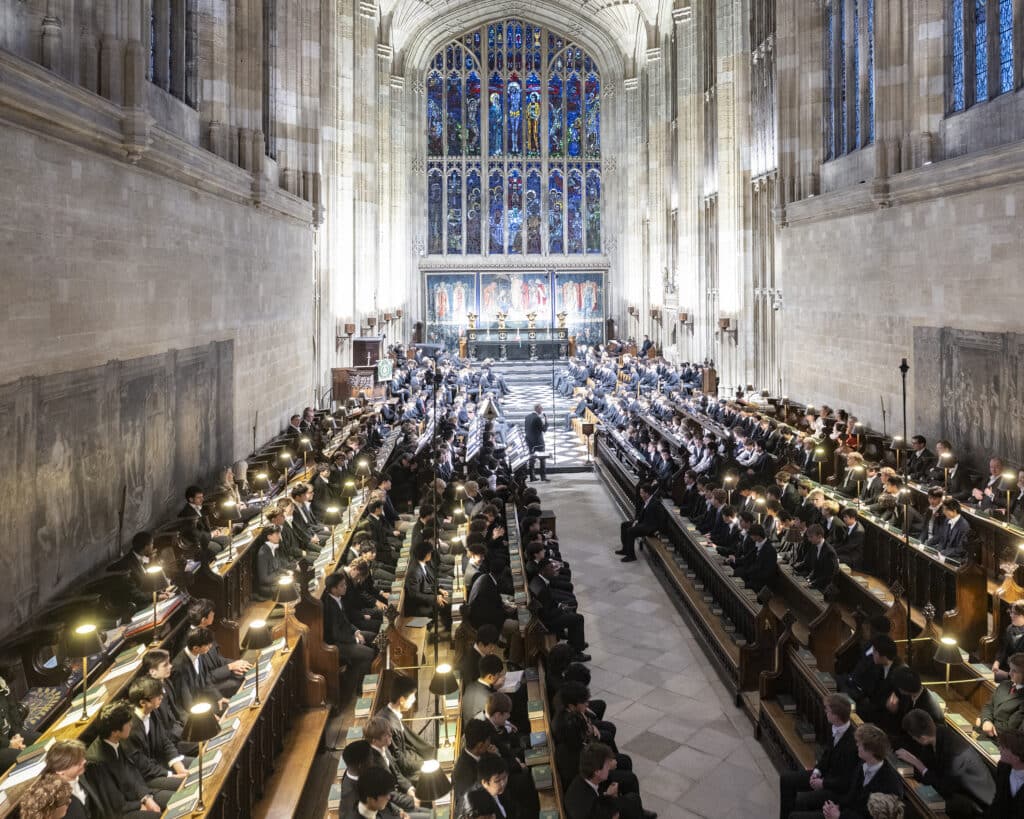On Tuesday 28 January, the Italian Society hosted the writer Luca Bianchini. He is the author of films Io che amo solo te (I love only you) and Le mogli hanno sempre ragione (Wives are always right), amongst many others. Luca spoke about his book Nessuno come noi (Nobody like us), his writing method, his inspiration, and what he learned from the process of his book being adapted for film.
Nessuno come noi is a high school love story set in Turin in 1987. It follows the tale of Vincenzo who falls in love with a classmate but his love is unrequited. He embodies the typical air of confidence of many 17-year-olds, thinking he knows everything but in reality, he has much to learn. Bianchini spoke about how heavily his own teenage years in high school during the 1980s influenced the story. The book is based in a school with a vast diversity of nationalities and a wide variety of interests among the students. However, by being together they learn that their humanity unites them, and that all these differences shouldn’t be barriers between them. The book also deals with the struggles of adolescence and isolation – for example, how 17 year-olds and 18 year-olds can feel so separate when they are just a few months apart.
Bianchini also told us about his creative process and how, when writing a book, his first draft is from “from the heart and uncalculated”. From there he writes several more drafts until he is satisfied. He also mentioned his main literary influences, Michel Houellebecq and Niccolò Ammaniti, who both have a less upbeat, comedic writing style. After the principal part of the talk, there was time for some questions. Bianchini generously shared his experience of helping to create the film and some practical details about the process.
Bianchini’s talk provided a heartfelt glimpse into the inspiration and process behind Nessuno come noi, highlighting the universal themes of adolescence, connection, and personal growth. His reflections on storytelling and the transition from page to screen offered valuable insights, leaving the audience inspired by his passion for both writing and storytelling.



